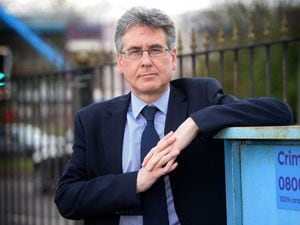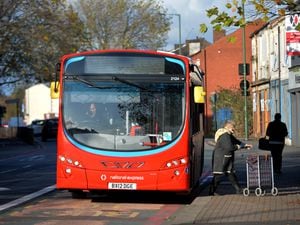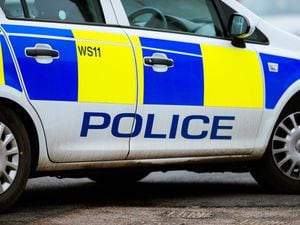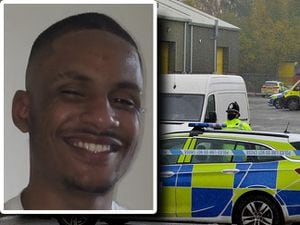Police force could hand over some 999 calls to other 'better equipped' organisations
Staffordshire Police says it won’t attend some 999 calls if it feels a police officer is not the most appropriate person to respond.
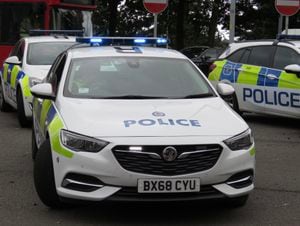
Instead, they will hand over to other organisations- including hospitals and local councils – which the force says are better equipped to deal with incidents involving mental health crises than its officers.
Assistant chief constable Stuart Ellison said the policy – known as ‘Right Care Right Person’ – will begin from February next year after call handlers have had extra training to make sure incidents are dealt with properly.
He said: “The planning and the training is underway to make sure we launch it in the right way.
“This week there is a national launch across policing in England and Wales, based on the findings of some pilot forces – Humberside and Lancashire amongst others – who’ve trialled it and found it’s been very effective.
“Right Care Right Person is about us working with other partners to divert calls to the appropriate agency to make sure someone who might be in a vulnerable state, due to mental health or other issues, gets a suitably trained practitioner in the right time to support them – rather than a police officer turning out routinely, which is what we have been doing.
“It’s about making sure we work with partners to make sure we support the caller in the appropriate way.”
Mr Ellison confirmed the force would always respond if it felt there was a danger to life.
He said: “It’s about providing the right support and making sure police officers are free to do what the public would expect police officers to do.
“What I would say to reassure people is that we will make absolutely sure that where there is an immediate threat to life, we will be responding.”
The force will now liaise with the West Midlands Ambulance Service and local health trusts to ensure a smooth transition into the new policy.
Mr Ellison said the change is not about reducing demand on the police, but about making sure officers aren’t spending time on calls where they’re not the most suitable people for the job.
He said: “We want to ensure the right person does respond, so we can provide the support the vulnerable person at the end of the call actually needs.”
Currently, officers are routinely asked to deal with concerns for welfare and mental health as well as provide transport on behalf of hospitals.
Mr Ellison said the force receives thousand of calls each year that it doesn’t feel it should be dealing with.
It means police officers sometimes spend hours outside properties in circumstances where they don’t have powers of entry.
They feel this time could be put to better use and the caller would be more likely to receive the help they need if other agencies attended instead.
Staffordshire Police currently receives up to 1,000 calls to 999 per day, but only considers around 20% of these to be genuine emergencies.
Mr Ellison said: “That’s not to say some of the 80% of other calls don’t require an emergency response – some of them do – but there’s a big percentage of our 999 calls that come in that are actually not for the police.
“I’ve got some sympathy, I understand that in a time of crisis people want to dial 999 and ask for the police because they feel they need some support, but that doesn’t mean that support is most appropriately delivered by the police.
“There is an issue about the public understanding that they might be asking for the police but the appeal would be for people to understand the police might not be the right agency to provide the support they need.
“We’ll continue to take the call and continue to risk assess it, and if it’s appropriate for a partner agency to go then we’ll be making that contact to divert to a partner agency.”

